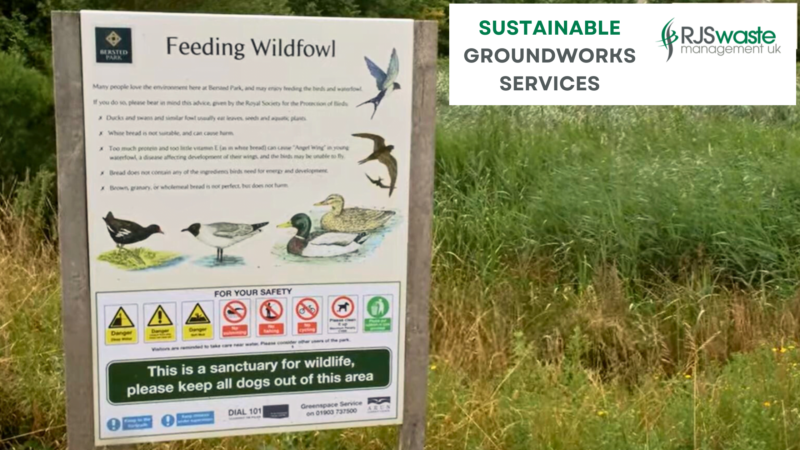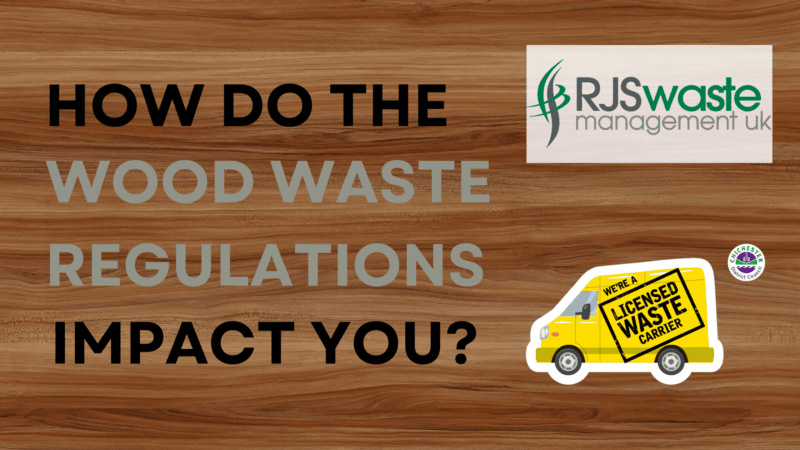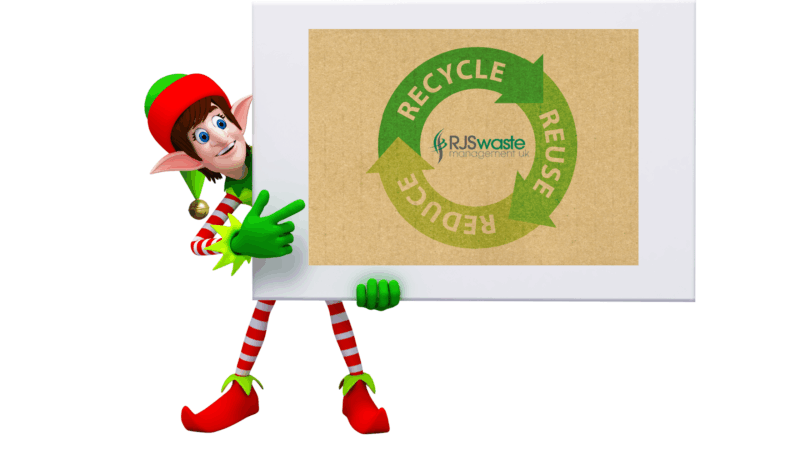
To mark this year’s Old Stuff Day (2 March), we’re sharing some top tips on how to reduce waste. It’s time to cherish your old stuff and refer to the waste hierarchy that favours prevention, reuse and recycling over waste disposal wherever possible.
Old Stuff Day
For some, Old Stuff Day is filled with nostalgia and a celebration of childhood treasures, family heirlooms or vintage finds. This is great because most of us set aside old stuff for shiny new things at whim. And this behaviour is what’s largely contributing to the escalating problem of waste at UK landfill sites.
While for others, Old Stuff Day is the perfect excuse for a purge. But clearing up and out doesn’t mean you have to take a trip to the tip.
Waste disposal regulations
The Waste (England and Wales) Regulations 2011 and the waste hierarchy triangle help encourage more sustainable waste management.
Where prevention of waste is not possible, preparing it for reuse (fixing it and making it safe) is preferable. If it’s not viable to reuse items, recycling is the next best option. But when materials aren’t suitable for recycling other forms of recovery (to generate energy or obtain new raw materials) should be sought. The only option for hazardous waste like Asbestos Containing Materials, waste disposal at landfill should be a last resort.

3 top tips on how to reduce waste
-
Refresh
The evenings are shortening and the snowdrops are poking out their heads, which means spring is on the way! What better time is there for a good spruce?
Whether it’s dusting your shelves or washing those high-rise windows, spring’s the time to freshen up your home or business. Giving things a clean will provide a new lease of life, showing how useful your old stuff still is and preventing that knee-jerk reaction to get rid.
There are a few ways that RJS Waste Management can help you here. Last year, we launched our specialist eco-friendly industrial, commercial and community cleaning services. This means we can clean your warehouse, leisure facilities, office, restaurant, retail unit or parking area to the highest health and safety standards.
And although we don’t offer everyday domestic cleaning, we can also pressure wash your outdoor space ready for the warmer weather. We can also take care of bat and bird guano removal that’s causing a hazard in walkways and attics alike.
Going for a total refresh? For those working in construction or planning their own home improvements, we can provide site clearances as well as asbestos surveys and removal services to get your property project ready.
-
Reuse
Coming in at number two on the waste hierarchy triangle, reuse is the continued use of a product or material without treatment. For example, choosing a refillable water bottle rather than drinking from disposable plastic bottles. Reuse might also be finding a new life for discarded things, such as period features in refurbishments, to cut down on construction waste.
One of the ways RJS Waste Management can help you is with Waste Electrical and Electronic Equipment (WEEE) reuse. When we collect your WEEE, we’ll make sure it’s screened for possible reuse. We’ll separate anything that can be repaired and/or refurbished. Anything beyond repair may be broken down so component parts can be reused.
This will be done in line with Environment Agency’s guidance on reusing WEEE within the UK. That is, only reusing WEEE, or components removed from WEEE, as EEE within the UK if:
- The WEEE device was manufactured after 1 January 2009 and
- All other relevant requirements for reusing WEEE or components removed from WEEE are met

3. Recycle
The go-to after reuse is recycling. Recycling involves transforming waste items, such as plastic bottles and paper packaging, into raw materials that can be used to create new products, such as clothing and toilet paper. As recently reported, although this process is preferable to landfill disposal it’s energy-consuming and not always viable.
RJS Waste Management can help with your WEEE recycling strategy, for any electrical goods that are not suitable for reuse. This includes fluorescent light recycling. Did you know it’s against the law to dispose of fluorescent lamps, bulbs and tubing at landfill sites? So, recycling fluorescent bulbs is not only your legal duty but also an important eco-friendly measure, considering over 100 million fluorescent lamps are used in the UK each year.
We also recycle confidential documents safely and securely by shredding, pulping and sending the pulp to manufacturers who will create new goods like newspapers.
As part of our company’s Sustainable Development Goals (SDGs), informed by our environmental policy, recycling our business waste is also a top priority. As well as taking care of our own WEEE recycling, we recycle everything from paper, toner cartridges and batteries to old pens, bottles and plastic packaging
Shape up your waste management strategy
We hope our tips on how to reduce waste encourage you to refresh, reduce and recycle in the future.
For now, if you’d like help with your WEEE reuse and recycling strategy or you need confidential waste recycled securely, get in touch for a quote.
RJS Waste Management has offices in Chichester, Oxford and London but we can help you shape up your waste management strategy wherever you’re based in the UK.




